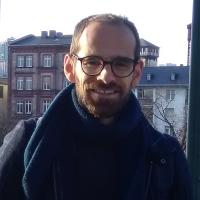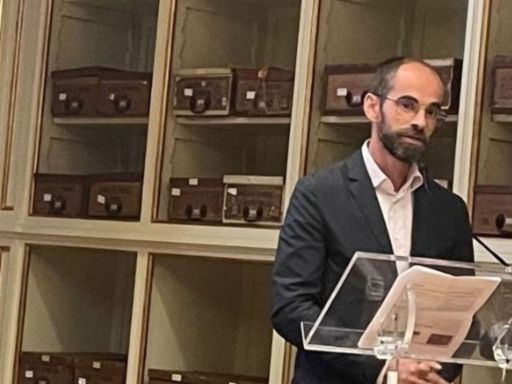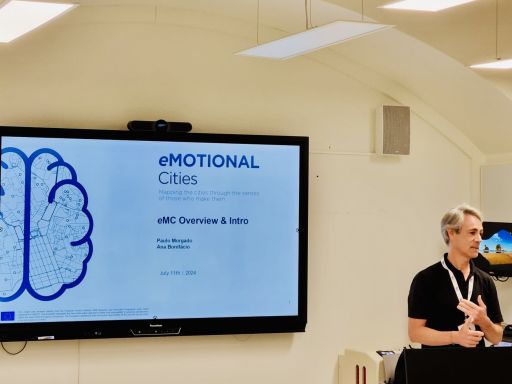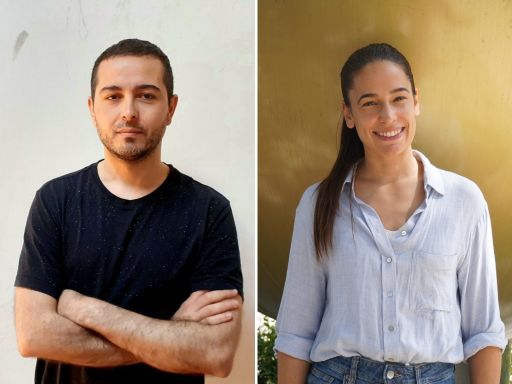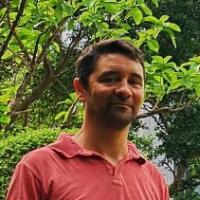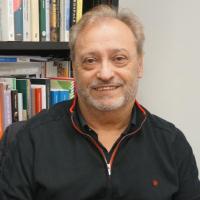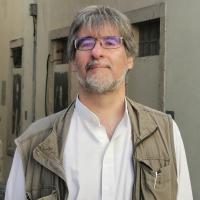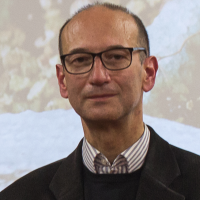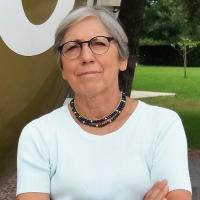ZOE
Urban and Regional Change and Policies
The research group ZOE – Urban and Regional Change and Policies was established in 2014, bringing together three existing research groups at the time: HEGEC (History and Teaching of Geography and Cartography), NETURB (Urban Studies Centre), and NEST (Territorial Strategies and Policies).
Committed to free, critical, and rigorous scientific activity, the researchers and collaborators of ZOE aim to contribute to the development of more sustainable and cohesive regions and cities. In recent years, the activities have focused on four fundamental lines, within which ZOE researchers have authored numerous articles and book chapters in renowned international scientific journals and publishers.
- The first line concerns research on contemporary processes of socio-geographical and geo-economic transformation in urban environments, including the effects of gentrification and segregation in cities, the financialization of housing and the increasing difficulties in accessing it, the quality of habitat and the role of urban voids, or forms of trade regeneration and their impacts on city organization.
- The critical study of socio-spatial innovation processes, creativity, and digital transition constitutes the second of these lines. The analysis of socially creative environments and arts as promoters of socio-spatial inclusion has been a relevant theme, as well as the increasingly significant investment in the field of digital geographies, seeking to address regional and urban sustainability issues with the incorporation of technological and social innovations.
- The third involves research into regional development strategies, economic and sociodemographic imbalances in territories, and the valorization of territories that "do not count" (urban peripheries and low-density areas), exploring the role of knowledge networks, governance options, and public policy. It also addresses specific aspects such as demographic sustainability and alternative agriculture to agribusiness, such as family and urban agriculture.
- The fourth line of research focuses on reflecting on the meaning of Geography and its social utility, particularly in citizen education. It is oriented towards geographical thinking, geography education, and the social value of cartography and geography in knowledge and citizenship, supported by strong involvement in outreach activities such as the Nós Propomos project, as well as basic research related, for example, to the connections between Portugal and Brazil in the field of geographical science.
In the future, ZOE will continue its research in the context of these four thematic lines, progressively monitoring and deepening research fields, particularly concerning new challenges related to sustainability, digitalization, and various social concerns arising in an ever-changing urban context.
ZOE is part of the mission of CEG and the recent Associated Laboratory TERRA. In addition to these structures, ZOE researchers are members of various national and international research networks.
The research conducted by ZOE researchers reflects the importance of competitive science but also demonstrates their connection with civil society, particularly with local authorities and civic associations. This duality enriches the theoretical debate about current academic concerns and, at the same time, contributes to applying this knowledge in society.
ZOE proves to be a broad, diverse, critical, and open-to-debate research group, receptive to actively supporting both young researchers (master's and doctoral) and senior researchers from other countries.



